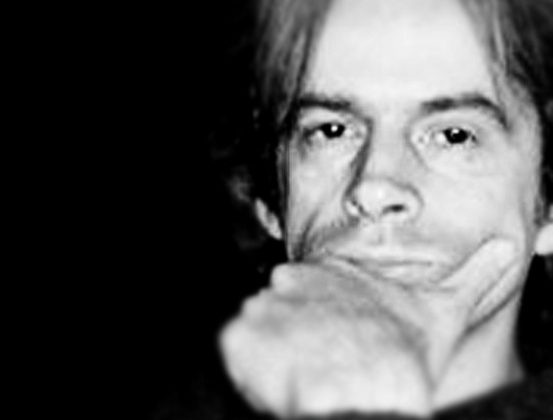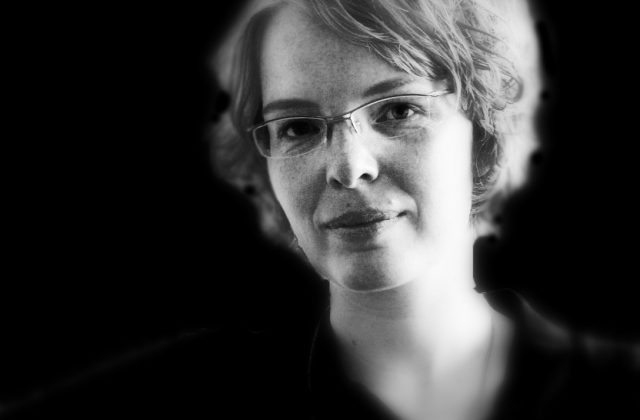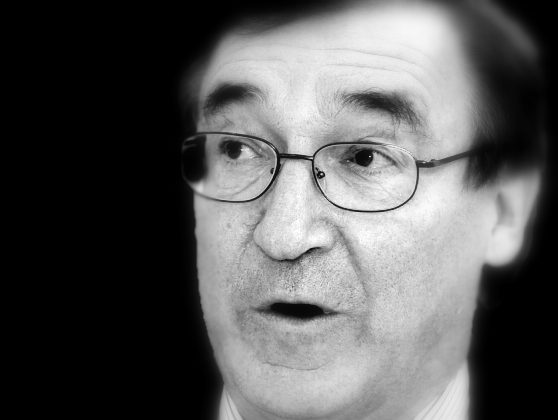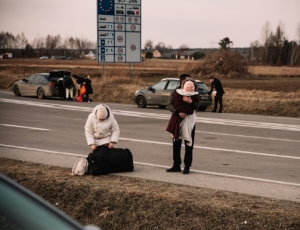Terrorists on Trial. The Court Room as a Stage in the Struggle for Publicity, Public Support and Legitimacy
Year Group 2010/11
About the topic
This research group focuses on trials of what are termed terrorists. In public discourse terrorism tends to be highly ‘politicised’. The determination whether an act of protest, resistance, intimidation or violence amounts to ‘terrorism’ is, however, formally made in court. Court decisions in terrorist trials also reverberate in society. This is the point of departure for this research project. Terrorist trials have an impact on terrorists and their sympathisers and can shape or break public support for government measures against terrorism. By analysing the behaviour of terrorists and the role of all other parties involved in such trials this project will look at the judicial, political and social impacts of a series of such trials held both before and after 11 September 2001.
The concept that lies at the core of this proposal is that terrorist trials are not mere judicial procedures, but unfold what can be called a ‘performative power’. They have the potential to mobilise a society, or certain groups within that society or beyond, by conveying messages to a wider public about a desirable social order and what should be regarded as ‘just’. This power can be wielded by the terrorists but also by public prosecutors, lawyers, judges and politicians. They can all ‘play politics’ with what is going on in the courtroom and around the trial, stretching or even changing the definition of justice, legality and legitimacy; they have the power to ‘perform’, that is to convince and mobilise various audiences. The audience principally consists of the public in the courtroom, but through the press the audience also includes the entire population. Through a number of case-studies the project attempts to unravel the role of all those involved, as actors as well as audience, by analysing the constructed messages and how they are received.
Themegroup participants
-

Augusteijn, J.
Year Group 2010/11 -

Graaf, B.A. de
Year Group 2010/11 -

Pekelder, J.
Year Group 2010/11 -

Schmid, A.P.
Year Group 2010/11 -

Sliedregt, E. van
Year Group 2010/11 -

Weinhauer, K.
Year Group 2010/11



